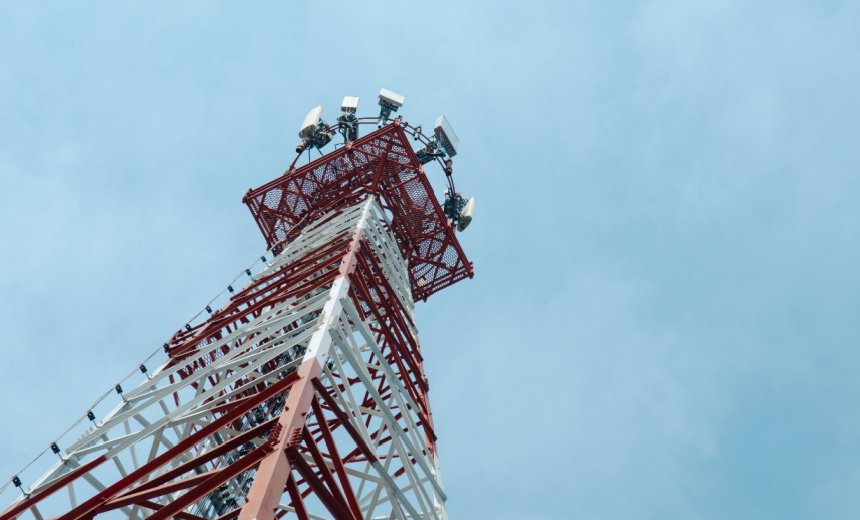The recent uptick in malicious cyber activity has highlighted critical sectors at risk, particularly in the realm of Critical Infrastructure Security, Cyberwarfare and Nation-State Attacks, and Fraud Management & Cybercrime.
National Security Officials Share Intelligence on a Cyberespionage Campaign

On November 25, 2024, the White House convened U.S. telecommunications executives to discuss intelligence related to a significant cyber espionage campaign attributed to China, targeting the telecom sector. According to the FBI, the attackers successfully infiltrated several telecommunications companies, focusing on gathering sensitive national security information, which reportedly included intercepting communications from officials involved in the presidential campaigns preceding the November 5 elections.
The assembly, led by National Security Adviser Jake Sullivan and Deputy National Security Adviser for Cyber and Emerging Technologies Anne Neuberger, aimed to bolster the nation’s cybersecurity defenses and resilience strategies. Enhanced technical assistance was provided to affected companies through the collaboration of the FBI and the Cybersecurity and Infrastructure Security Agency (CISA), who have been sharing intelligence and resources with the private sector.
The compromising activities have led to the theft of call records, unauthorized access to individual communications, and the interception of data relaying through government-sanctioned network backdoors. Analysts suggest that some of these actions align with objectives typical of Chinese intelligence operations, specifically efforts directed at tracking U.S. operations concerning their operatives.
Senator Mark Warner of Virginia, who oversees the Senate Intelligence Committee, characterized these breaches as potentially the “most severe telecom hack in our nation’s history.” He noted that fewer than 150 individuals had been notified so far, predominantly in the Washington D.C. area, while numerous telecommunications firms are still grappling with fully expelling the attackers from their systems.
The incidents are linked to a group identified by Microsoft as “Salt Typhoon,” believed to have ties to China’s Ministry of State Security (MSS), an organization that has consistently targeted U.S. infrastructure for espionage purposes. Beijing has consistently denied involvement in such cyber attacks against foreign entities.
Known Victims
Reportedly impacted companies include major players such as AT&T, Verizon, and Lumen. Furthermore, T-Mobile disclosed that its networks were also compromised; however, it claims that sensitive customer data remained secured. Investigators believe that the breach extends beyond U.S. borders, affecting allied countries, though specific nations have yet to be identified publicly.
Amid rising concerns over potential Chinese cyber threats and the disruptive capabilities of pre-positioned malware within critical Western infrastructure, the FBI Director Christopher Wray has noted that “China’s hacking operations exceed those of all other major nations combined.” Such aggressive cyber operations have prompted the White House to empower U.S. Cyber Command to enhance countermeasures proactively.
In a strategic escalation, Cyber Command has intensified its operations to disrupt Chinese cyber activities globally. Morgan Adamski, the executive director of Cyber Command, indicated that operations are now thoroughly focused on neutralizing and degrading the People’s Republic of China’s cyber capabilities.
As the U.S. confronts the ongoing threat landscape, a classified briefing for all senators has been scheduled for December 4, underscoring the severity of the situation as it pertains to the communications infrastructure. Investigators continue to explore the tools and techniques employed by the adversaries which, based on MITRE ATT&CK frameworks, suggest a variety of tactics may have been utilized, including initial access through exploiting known vulnerabilities, establishing persistence within the networks, and conducting privilege escalation to maintain long-term control within targeted environments.
Attackers’ Goal: Long-Term Access
While specific details of the intelligence shared with the telecommunications firms remain confidential, investigations are reportedly focusing on existing vulnerabilities in Cisco and other edge devices. The Salt Typhoon collective has a history of sustained attacks since at least 2020, targeting various sectors, including telecommunication firms and government entities across the globe, including but not limited to the U.S., Brazil, India, and several nations in Asia and the Middle East.
Recent analyses reveal that this well-structured group has successfully employed multiple methodologies for gaining access, often involving leveraging relationships with trusted suppliers and exploiting public-facing vulnerabilities. Current intelligence suggests that the attackers have used sophisticated means, leveraging vulnerabilities like those found in Ivanti Connect Secure’s VPN system, which indicates a highly organized approach aimed at long-term infiltration and data extraction.
Ultimately, the persistence of sophisticated threat actors like Salt Typhoon underscores the critical need for enhanced security postures within telecommunications and other essential sectors, as nation-state adversaries continue to leverage cyber means to achieve strategic objectives.